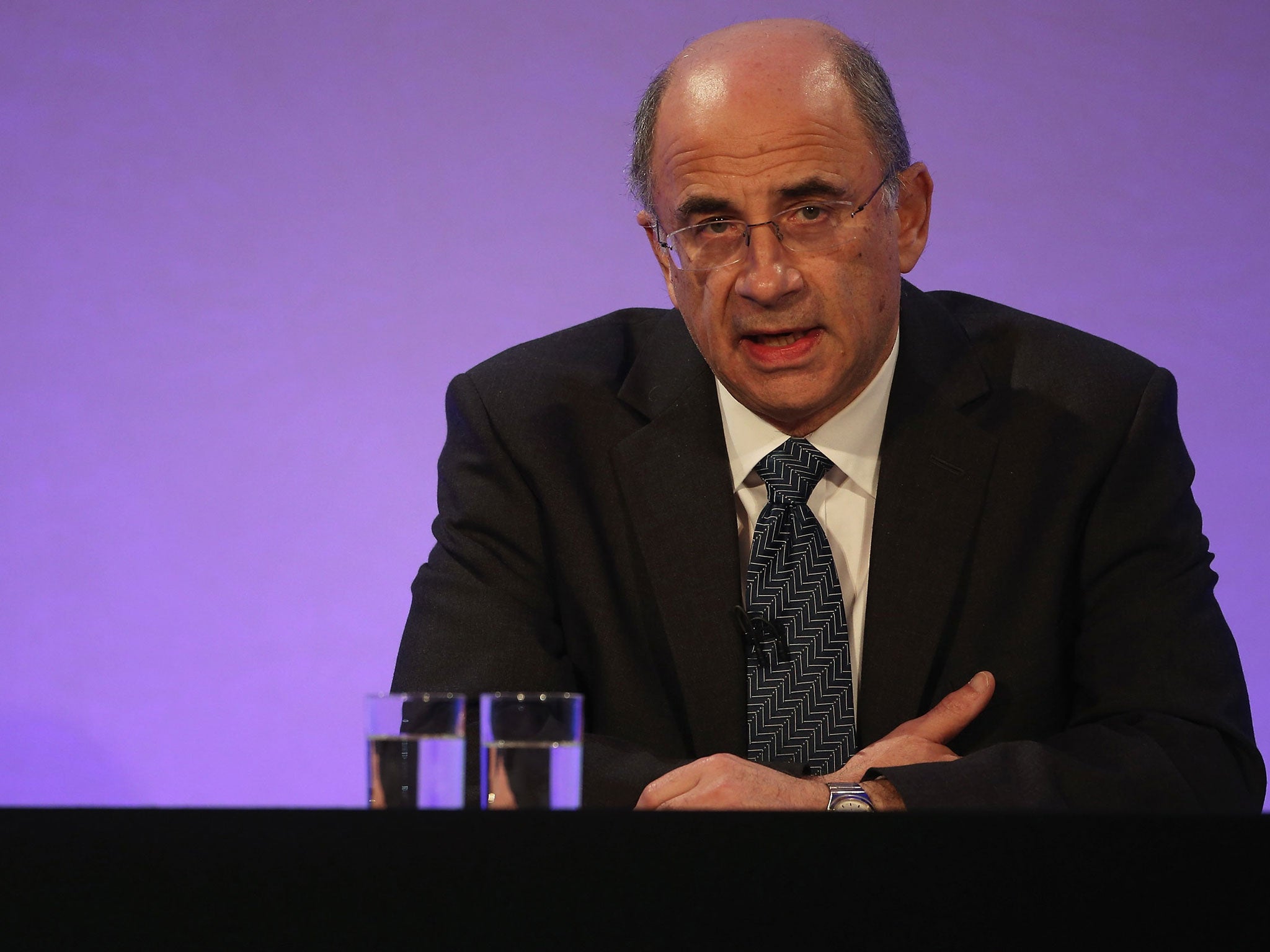Pressure grows on Lord Leveson to explain why he ignored hacking beyond the press

Lord Justice Leveson is facing mounting questions over why he decided to ignore a bombshell report detailing serious and widespread corruption among police and private investigators that was passed to his inquiry.
The Independent revealed on Saturday that the judge was sent a confidential report from the Serious Organised Crime Agency (Soca) that revealed other industries besides newspapers routinely hire criminals to hack, blag and steal sensitive information on business rivals and members of the public.
The police investigations included in the suppressed report show senior officers knew for years that law firms, telecoms giants, high-profile celebrities and insurance companies were also employing private investigators to break the law and obtain private data – often to further their commercial interests.
One of the key hackers known to Soca has privately admitted that 80 per cent of his client list was taken up by blue-chip companies and only 20 per cent was attributed to the media. Last night, another private investigator whose activities were detailed in the report told The Independent that the 80-20 split was "accurate".
However, none of the other industries has received any censure over their commissioning of unlawful acts. Meanwhile, Fleet Street has suffered devastating reputational and commercial damage from the News of the World phone-hacking scandal that ultimately triggered the Leveson inquiry.
Following a sustained outcry over the weekend, Keith Vaz MP, the chair of the Home Affairs Select Committee, last night told The Independent he was moved to write to the judge to try and discover what happened. He said: "I remain deeply concerned by these stories and I will write to Lord Justice Leveson to ask whether he saw this report and, if so, how it informed his conclusions on private investigators.
"The committee launched an inquiry into the PI industry last year but Soca never told us about the details in this report and I want to know why."
The Independent can reveal the eight-page Soca report was handed to the Leveson Inquiry in March last year by Ian Hurst, a former British Army intelligence officer who was computer hacked by private investigators working for The News of the World.
Mr Hurst attached the Soca file to a witness statement the inquiry had asked to be submitted, together with leaked Scotland Yard witness statements detailing alleged illegality among police and private investigators.
However, the Soca report was initially dismissed out of hand by the inquiry, which Prime Minister David Cameron had asked to "get to the bottom" of police corruption when he established the judicial probe in the days following the Milly Dowler phone-hacking scandal in July 2011.
Mr Hurst was appalled at the decision to ignore evidence, and threatened to serve his witness statement and the leaked Soca report on Lord Justice Leveson at his home, video the encounter and post it on YouTube.
His lawyer, Tamsin Allen, emailed him and urged him not to serve the papers. Mr Hurst replied: "He will be served whether he likes it or not and let him deal with the ball when he gets it. I will then deal with the ball if he hits it back.
"I am concerned that the judge is either badly informed or is deliberately avoiding dealing with the issue for other reasons."
Six days later, Lord Justice Leveson issued a public ruling formally rejecting Mr Hurst's evidence, including the Soca report, as it was "highly fact specific" and would take "lengthy and time consuming analysis of the very considerable detail". The inquiry then embarked on a fortnight of hearings dominated by evidence from union officials, civilian police workers and press officers from provincial police forces.
Mr Hurst told The Independent: "As a former British Army intelligence officer, I instantly understood the significance of the classified document and it was clear the unlawful collection of personal data was systemic across a broad range of sectors, and not solely confined to the media.
A Leveson Inquiry spokesman said: "The terms of reference for the inquiry were absolutely about the culture, practices and ethics of the press and how they engaged with the public, the police and politicians. Evidence on other issues would have been considered to have been outside those terms of reference."
A Soca spokesman said: "This report remains confidential and Soca does not comment on leaked documents or specific criminal investigations."
Join our commenting forum
Join thought-provoking conversations, follow other Independent readers and see their replies
0Comments